Hemeti: ‘Security and military reform in Sudan should not be subjected to any political agenda’
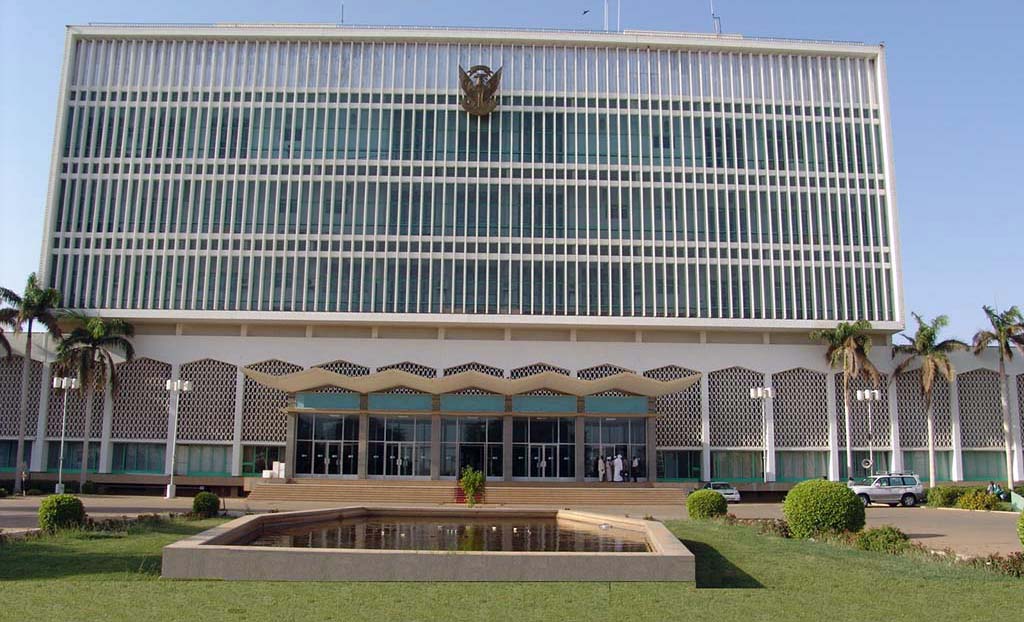
The Friendship Hall in Khartoum (File photo: Architecture in Africa)
KHARTOUM –
President of the Sovereignty Council (TSC) and Commander-in-Chief of the Sudan Armed Forces (SAF), Lt Gen Abdelfattah El Burhan has reaffirmed the Armed Forces’ commitment to moving forward with the Framework Agreement and the process of democratic transition. The vice chairman of the Sovereignty Council and commander of the Rapid Support Forces (RSF), Lt Gen Mohamed ‘Hemeti’ Dagalo, says that security and military reform in Sudan “is not a political activity and should not be subjected to any political agenda”. The spokesperson for the political process, Khalid Yousif, asserts that security and military reform is “one of the most important elements of institutional reform” in Sudan, that serves the democratic transformation and building a civil state.
Addressing the opening of the Security Reform dialogue conference, at the Friendship Hall in the capital Khartoum this morning, General El Burhan said that the armed forces have gone through many experiences during their 100-year history, stressing building an army compatible with democratic systems, and that it is necessary to benefit from the experiences.
He emphasised that “security and military reform is a complex process that cannot be bypassed easily and requires a closer look at the aspect of military doctrine and laying the correct pillars for building professional armed forces without involving them in political battles”.
He underscored importance of reforming the state’s organs, and called on the holdouts to review the terms of the Framework Agreement and to sit down to discuss them with the signatory political forces.
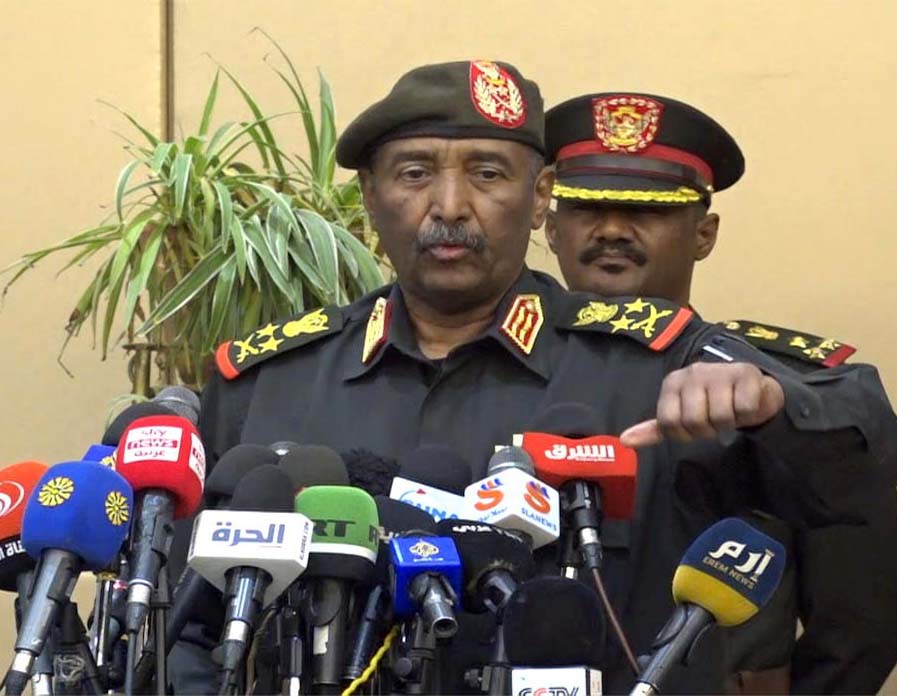
‘Sudan’s armed forces don’t want to empower any unelected political body…’ – Gen Abdelfattah El Burhan
El Burhan pointed out that “the armed forces don’t want to empower any unelected political body,” stressing that “the political process that is taking place is purely Sudanese”.
He called for making use historical experiences and standards to build armed forces that are reliable for the Sudanese people, welcoming women to the military college and participation in military work, adding that they represent 12 per cent of the SAF, praising support provided by international friends and the international community to the country for democratic transition.
RSF Commander Hemeti underlined that “there are many models and examples in the processes of integrating armies, which often come in circumstances different from the Sudanese reality, as is the case in the experiences of South Africa, the Philippines, Zimbabwe, Namibia and other countries”.
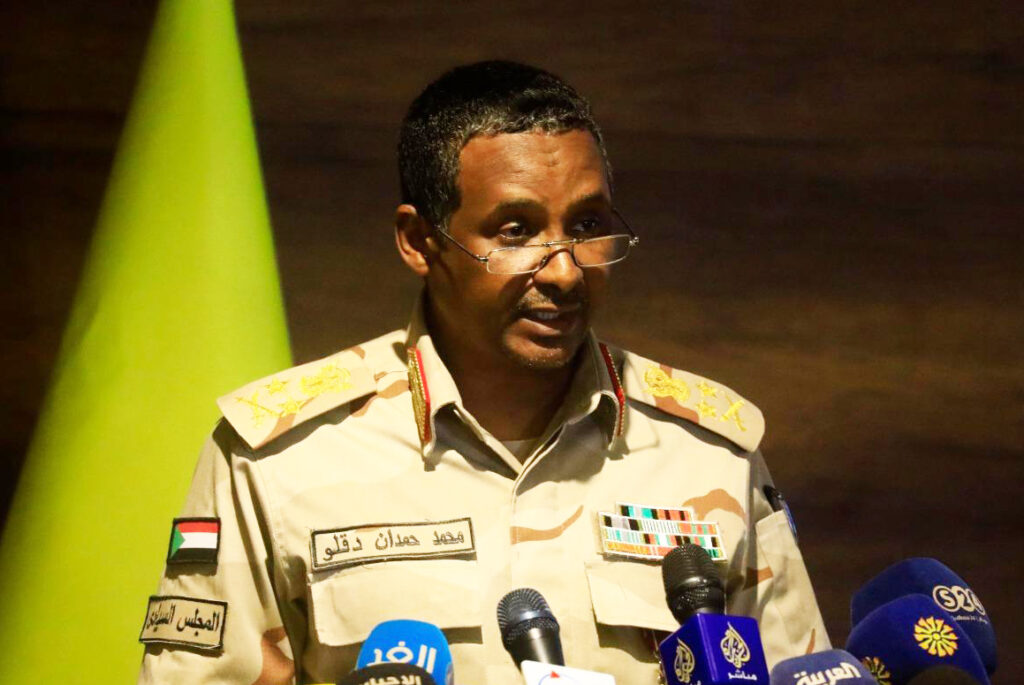
‘There are many models and examples in the processes of integrating armies…’ – Hemeti
“We must benefit from these experiences, putting into consideration the great differences between the armies of those countries, and the situation of the Rapid Support Forces, which was established according to a law,” he said, adding that the process of security and military reform needs to be developed through legislation.
The spokesperson for the political process, Khalid Yousif, asserted that security and military reform is “one of the most important elements of institutional reform” in Sudan, that serves the democratic transformation and building a civil state.
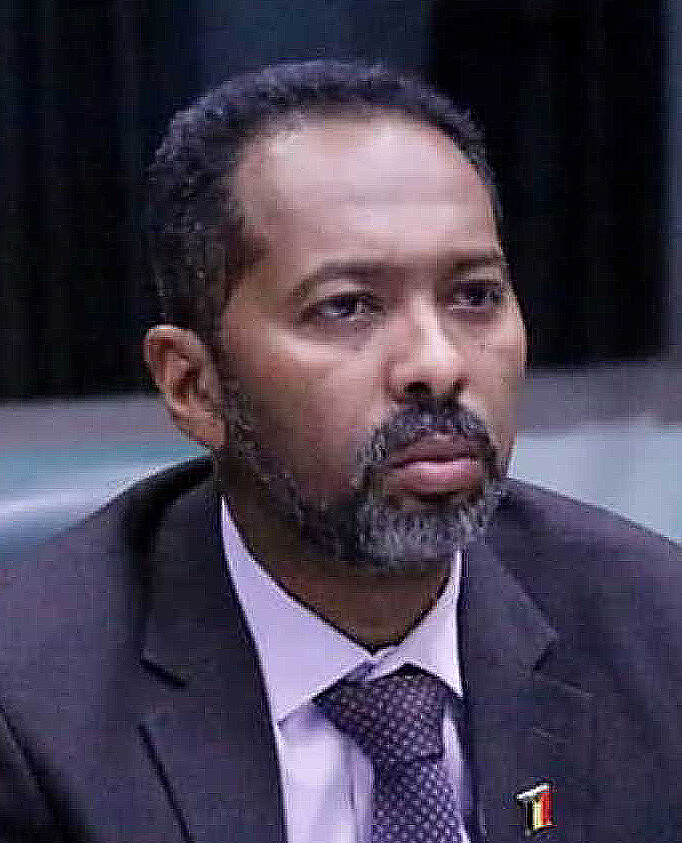
Khalid Omar Yousif (File photo: SUNA)
‘Some parties are working to foment sedition between the military forces in order to weaken the country and divide the civil ranks…’ – Khalid Yousif
Addressing the opening session of the security and military reform workshop this morning, which is being attended by leaders of Sudan’s regular institutions, diplomatic missions, observers and ambassadors, said the country needs a rebuilding that includes all state institutions, political parties and civil society, warning that that “some parties are working to foment sedition between the military forces in order to weaken the country and divide the civil ranks”.
He underlined that “the political transformation project that brings us together proceeds in harmony and unity, just as the political forces engaged in serious discussions with the SAF and the RSF, who had great courage to cross the country to the path of civil and democratic transformation, building a civil state, reforming, merging and modernising the system”.
Yousif affirmed the efforts being exerted by the signatory political forces to reach those parties who did not sign the Framework Agreement and convince them to join the process.
He lauded the role of the regional community and international friends who dealt with the Sudanese issue without interference in the country’s internal affairs.
The Security Reform Workshop will last for four days, and will discuss issues of reform in the military and security system, leading to a single professional and national army, security arrangements, and reform of the police and intelligence services.
(Sources: SUNA / RD)








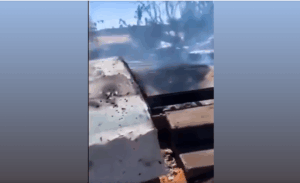
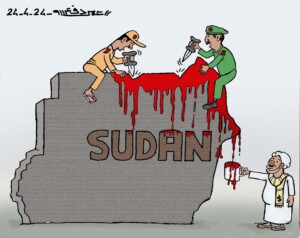

 and then
and then